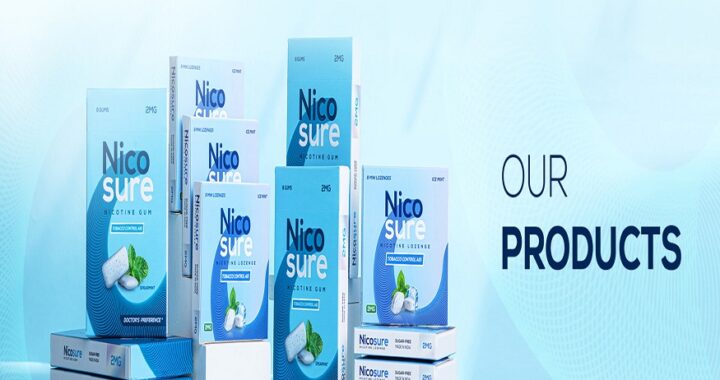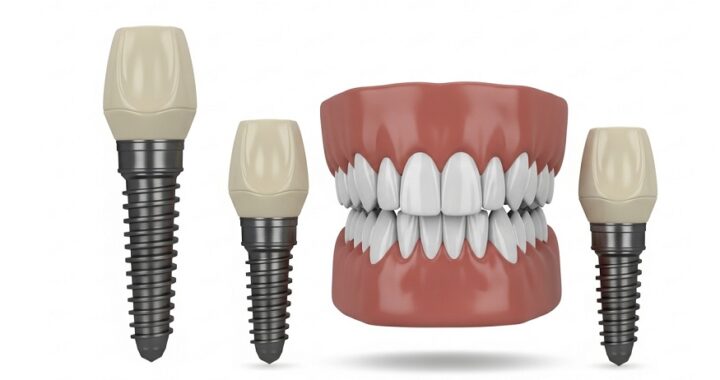How to Maintain Your Well and Treat the Well Water

Using well water is already something millions of American households are doing. This is certainly a reflection of a chronic dissatisfaction with the state of much municipal tap water as it is currently provided across the country.
Installing and maintaining a well is not without expense, though. However, the fact that so many people are investing in well water shows a lack of trust in the quality of city water as well as the unacceptable degree of contaminants often found in it.
This is not to say though that well water does not come with its own serious risk of contamination. In fact, what the interest in well water shows is not so much the opting for a less risky water source (well water can be very risky if not properly maintained) but rather a desire for homeowners to take things into their own hands, draw water from a cleaner,deeper source, and to avoid all of the contaminants that city water treatmentfacilities often miss.
As mentioned though, a well needs to be properly maintained if it is going to supply the type of water quality which many have come to expect. That involves testing the water and regular maintenance tasks; this is on top of accounting for risks such as dead animals or other sources of well water pollution.
For many that cannot meet this expenseor else live in an area where well water is not feasible, there are other alternatives. These are home water filtration systems and alternative water products such as hydrogen or purified water. Synergy Science, a company providing such products, say that it is this same dissatisfaction with municipal water that drives interest in their products.
A Private Enterprise
The main challenge when it comes to maintaining a water well is that you as the owner arethe one responsible for doing so. The great advantage that city water has over well water is that there is always a municipal authority – held to pretty high standards – who treat the water for you and ensure that it is at least safe to drink when it reaches your home.
This though does nothing about plumbing problems.Moreover, and as already mentioned, those aforementioned standards are simply not high enough for millions of water consumers.
With well water then, the responsibilities of maintenance are important.Otherwise, you could end up drinking water many times more contaminated than municipal water.
Maintaining a Well
Maintaining a well and ensuring safe wateris a twofold process. First, the water is tested and then the appropriate maintenance is carried out – most commonly in the form of well water treatment.
Testing Your Well Water
The equipment involved in testing well water is typically a testing kit. This is very affordable, only maxing out at around $150 to test for the widest possible range of contaminants – it is frequently much cheaper than this. More expensive is a TDS meter, which tests for total dissolved solids, to detect the presence of these too.
Treating Your Well Water
When it comes to treatment, chemical treatment is available as well as well water filtration systems. Both can be effective, and the choice will depend on what your water testing reveals. Filtration systems can be amazingly effective, but they will need to be maintained. The most important task being the regular replacement of the filter media and technical maintenance for more complicated filters.
These are your costs and duties for maintaining a well. It could be the right choice for you.And bear in mind that you will not be paying any municipal water bills.

 Best Nicotine Gum Options: Key Benefits and How to Choose the Right One
Best Nicotine Gum Options: Key Benefits and How to Choose the Right One  Complete Guide to Diagnosis and Treatment of Hypertension
Complete Guide to Diagnosis and Treatment of Hypertension  5 Toronto Dietitian Approved Habits for a Healthy New Year
5 Toronto Dietitian Approved Habits for a Healthy New Year  What Causes Gas And Bloating In Children?
What Causes Gas And Bloating In Children?  The Quiet Factors That Define a Reliable Angiography Device
The Quiet Factors That Define a Reliable Angiography Device  Renting medical equipment can make moving around and being comfortable easier
Renting medical equipment can make moving around and being comfortable easier  Deep Cleaning Woodland Hills: Understanding Gum Health and Advanced Dental Cleaning
Deep Cleaning Woodland Hills: Understanding Gum Health and Advanced Dental Cleaning  Dental Implants and Osteoporosis: What Patients Should Know About Safety and Healing
Dental Implants and Osteoporosis: What Patients Should Know About Safety and Healing  Improving Your Smile in Woodland Hills: A Balanced Approach to Confidence and Oral Care
Improving Your Smile in Woodland Hills: A Balanced Approach to Confidence and Oral Care